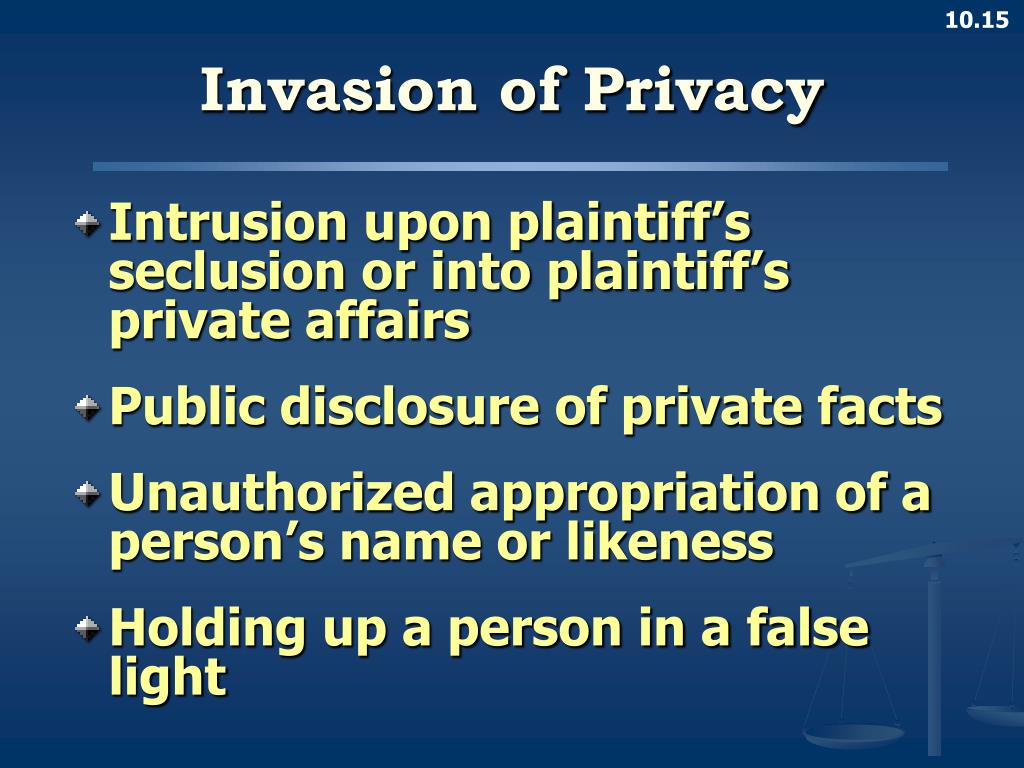

If you still have an Alexa or any other voice assistant in your home, you were warned,” wrote the Gizmodo writer Matt Novak. “We live in a techno-dystopia of our own making. The revelations were the last straw for many Alexa sceptics. Although the recordings are anonymised, they often contain enough information to identify or embarrass the user – particularly if what they overhear is confidential medical information or an inadvertent sex tape. Over the past six months, Bloomberg, the Guardian, Vice News and the Belgian news channel VRT have gradually revealed that all the big five have been using human contractors to analyse a small percentage of voice-assistant recordings. Politicians are more willing to hold companies to account.Īmazon’s Echo Dot. Tech journalists are more likely to be critics than cheerleaders. CEOs are less likely to trivialise privacy concerns. Events such as the Edward Snowden leaks and the Cambridge Analytica scandal have tarnished Silicon Valley’s utopian promises. Zuboff calls the birth of Alexa “a threshold event”.Īlexa, however, has grown up in an era of increasing scepticism about the power and morality of the “big five” tech companies: Amazon, Apple, Facebook, Google/Alphabet and Microsoft. It is therefore best-placed to become what Shoshana Zuboff, in her bestseller, The Age of Surveillance Capitalism, calls the “One Voice”: the dominant ecosystem that would give its operator “the ability to anticipate and monetise all the moments of all the people during all the days”.

Last year in the US, where one in five adults own a home voice assistant, Alexa had a 70% US market share, compared with the Google Assistant’s 24%. In January, Amazon’s senior vice-president of devices, David Limp, revealed that the company had sold more than 100m Alexa-enabled devices. There is one question freighted with bigger issues about our relationship with the tech industry: should you let Alexa into your home? People who consider them sinister and invasive (myself included) regard enthusiasts as complacent, while those who find them useful and benign see the sceptics as paranoid technophobes. Voice assistants, however, are unusually polarising. Technology frequently inspires ambivalence: we know that Facebook and Google know too much about us, yet we continue to use their services because they’re so damn convenient. In a statement, Amazon said that the Echo must have misheard the wake word, misheard a request to send a message, misheard a name in its contacts list and then misheard a confirmation to send the message, all during a conversation about hardwood floors. In San Francisco, Shawn Kinnear claimed that his Echo activated itself and said cheerfully: “Every time I close my eyes, all I see is people dying.” In Portland, Oregon, a woman discovered that her Echo had taken it upon itself to send recordings of private conversations to one of her husband’s employees. (Amazon attributed this “unfortunate mishap” to human error.) Last year, an Amazon customer in Germany was mistakenly sent about 1,700 audio files from someone else’s Echo, providing enough information to name and locate the unfortunate user and his girlfriend. Then again, voice assistants often do things that they are not supposed to do. The Dot wasn’t supposed to behave like a dadaist drill sergeant.

“Having worked at Amazon, and having seen how they used people’s data, I knew I couldn’t trust them.” When the Dot’s outburst subsided, he unplugged it and deposited it in the bin. He bought a Dot, the Echo’s cheaper, smaller model, after it launched in 2016, and found it useful enough until the day it went haywire. Only when Amazon released the Echo in the US in 2014 did he realise what he had been working on. Three years earlier, he had volunteered to sit in a room reciting a string of apparently meaningless phrases into a microphone for an undisclosed purpose. This was especially interesting because Josephson (not his real name) was a former Amazon employee. Josephson had not said the wake word – “Alexa” – to activate it and nothing he said would stop it.
#Invasion of privacy pro con tv
It appeared to be regurgitating requests to book train tickets for journeys he had already taken and to record TV shows that he had already watched. When Martin Josephson, who lives in London, came home from work, he heard his Amazon Echo Dot voice assistant spitting out fragmentary commands, seemingly based on his previous interactions with the device.


 0 kommentar(er)
0 kommentar(er)
